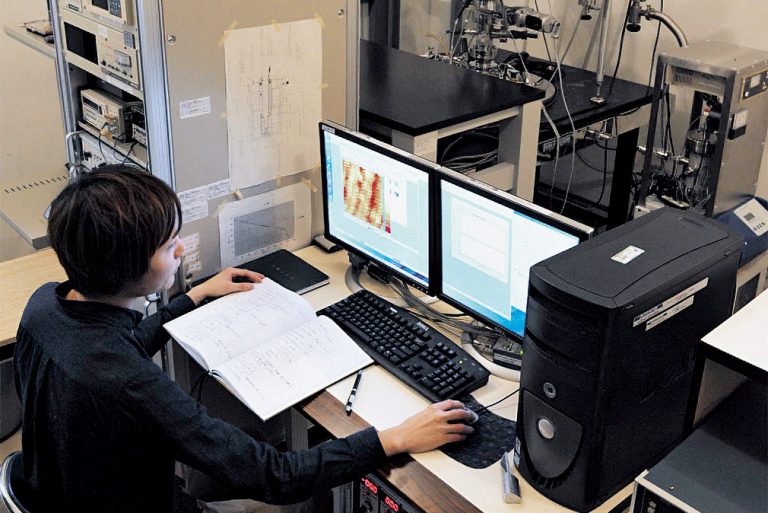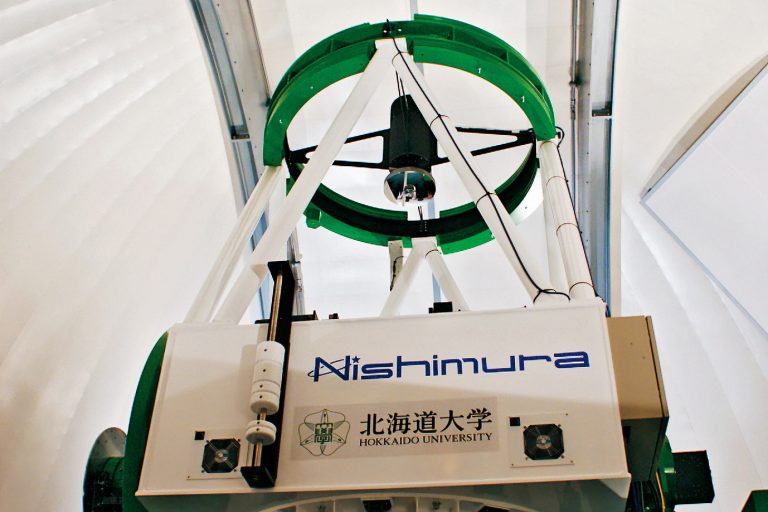Humans have long been fascinated by how nature has evolved, and have always wanted to know how it works. The Graduate School of Science, the Faculty of Science, and the School of Science are dedicated to our innate academic desire to learn more about nature. Our mission is to help students develop the following academic attributes:
- The ability to understand the true nature of an event and identify the laws that govern it; the ability to turn an idea into a universal theory and prove its validity; and the ability to model natural phenomena and describe the model in a logical and sensible manner.
- The ability to soundly describe research outcomes, use logic to convince others, and exercise leadership.
Graduate School
- Mathematics
- Condensed Matter Physics
- Quantum Solid State Physics
- Condensed Matter Physics
- Cosmosciences
- Fundamental Physics
- Cosmos and Planets
- Natural History Sciences
- Earth and Planetary Dynamics
- Earth and Planetary System Science
- Biodiversity
- Science Communication
- Seismology and Volcanology
Faculty
- Mathematics
- Chemistry
- Physical Chemistry
- Inorganic and Analytical Chemistry
- Organic and Biological Chemistry
- Physics
- Quantum Physics
- Electronic Condensed Matter Physics
- Condensed Matter Physics
- Nonlinear Physics
- Earth and Planetary Sciences
- Cosmosciences
- Earth and Planetary Dynamics
- Earth and Planetary System Science
- Biological Sciences
- Cell Structure and Function
- Behavioral Neurobiology
- Reproductive and Developmental Biology
- Biodiversity
Affiliated Facilities
- Institute of Seismology and Volcanology
- Genome Dynamics Research Center
- Nuclear Reaction Data Center
Undergraduate School
- Mathematics
- Mathematics Stream
- Physics
- Physics Stream
- Chemistry
- Chemistry Stream
- Biological Sciences
- Biology
- Macromolecular Functions
- Earth and Planetary Sciences
- Earth and Planetary Sciences Stream



